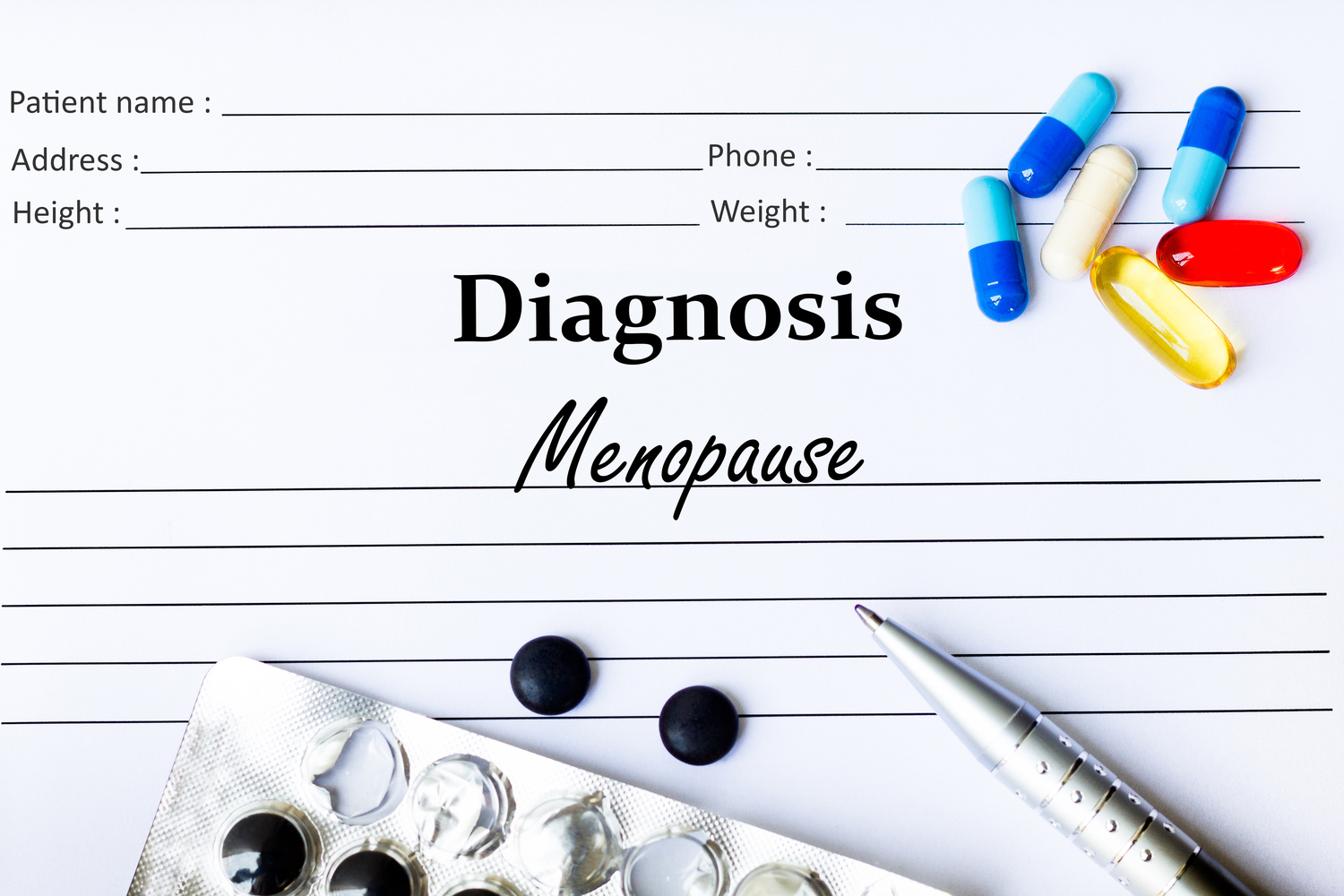
Signs and Symptoms of Menopause
Menopause is the time in a woman’s life where menstruation ceases. Perimenopause precedes menopause in the years leading up to this major life change and begins for some women as early as age 35. The symptoms of menopause and perimenopause are the same and will tend to ramp up as time goes by. Most of these symptoms are due to a drop in levels of progesterone and estrogen, which can cause major discomfort.
The repercussions of hormonal imbalances are varied in each individual woman. Perimenopause can produce extremely pronounced symptoms caused by a shift in the delicate balance of hormones, such as:
1. Migraines
Migraines that are associated with perimenopause are usually evident around a woman’s menstrual period. Research has shown that plummeting progesterone levels can be the cause of debilitating headaches.
2. Hot flashes
These are the most common symptoms of menopause. Hot flashes involve a sudden heating of the chest, neck and face. As soon as these hot flashes pass, there could be a chilling off effect due to evaporative cooling. Hot flashes usually last around three minutes. They can cause facial redness, rosacea, or flushing. An increased heartbeat often accompanies hot flashes as well. At night hot flashes could result in night sweats another common symptom of perimenopause. This can decrease the quality of sleep a woman gets and can contribute to insomnia.
3. Insomnia
Sleep problems are linked to the loss of estrogen in the body and can be particularly noticeable in perimenopausal women around their cycle. Hot flashes which can affect sleep quality will normally interrupt the initial phases of sleep but don’t produce the same disturbances in the REM sleep. Poor quality sleep is known to increase depression and anxiety as well.
4. Decreased libido
Decreased estrogen can cause less blood to flow to the vaginal area which affects arousal in menopausal women. Fluctuation in hormone levels can also affect a woman’s mental health which can result in a whole cascade of changes including increased depression or anxiety which may further limit interest in sex.
5. Incontinence and vaginal atrophy
Low estrogen levels experienced during perimenopause and menopause can cause the thinning of the lining in the vagina and the urethra with accompanying inflammation. This can cause painful sex, decreased lubrication, painful or frequent urination, and many other unpleasant related symptoms. Because these are often seen in women during this stage in life when there is a drop in estrogen levels, they have been called genitourinary syndrome of menopause (GSM).
6. Anxiety
Fluctuations in sex hormones and thyroid hormones can increase anxiety in women. Mood changes and a general feeling of nervousness can also be present with this drop in estrogen, progesterone, and thyroid hormones.


